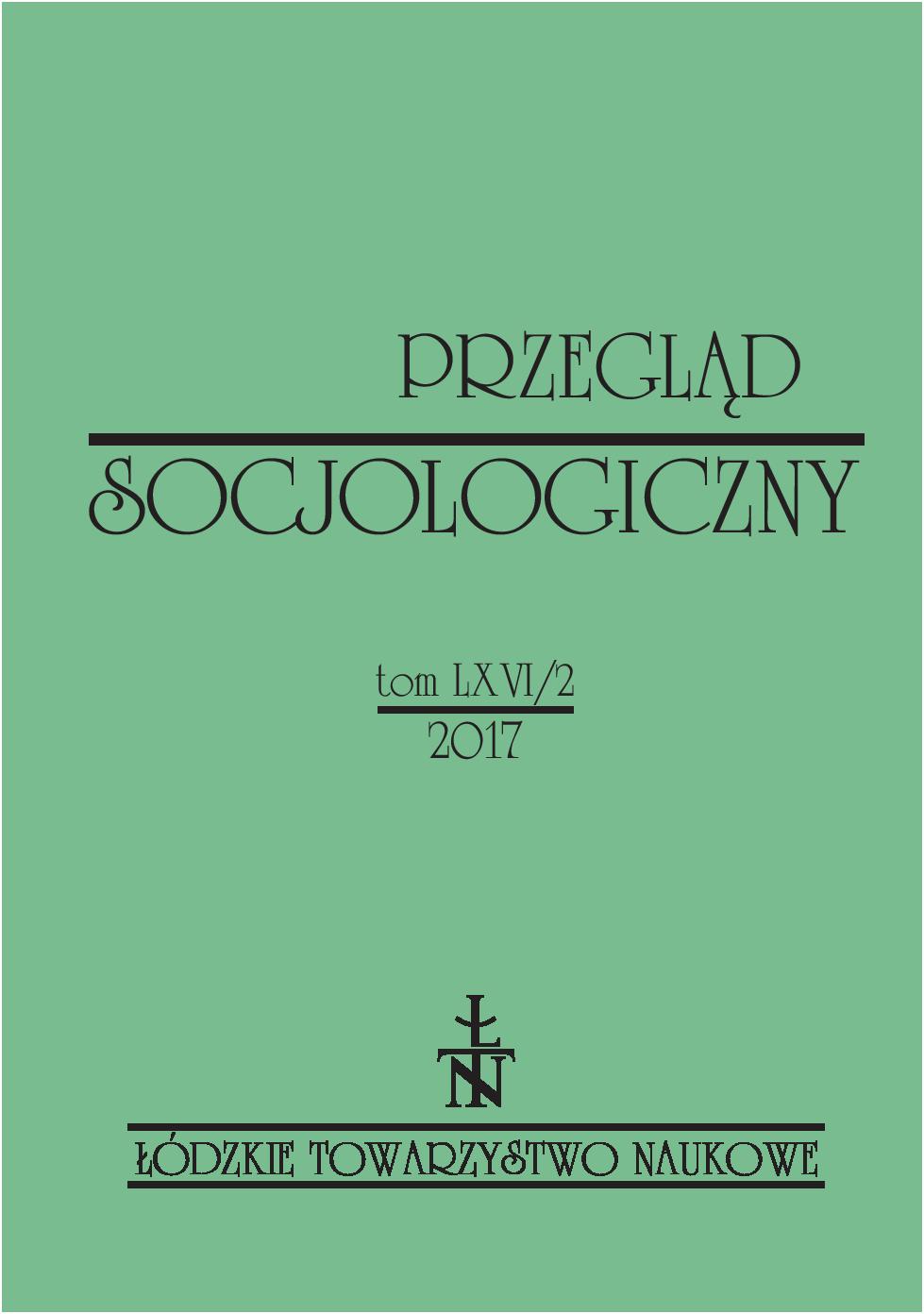Economy and culture. The framework of reflection in the debate on the countryside
Economy and culture. The framework of reflection in the debate on the countryside
Author(s): Maria WieruszewskaSubject(s): Sociology of Culture
Published by: Łódzkie Towarzystwo Naukowe
Keywords: economics; sociology; culture; democracy; development; community
Summary/Abstract: This essay illustrates the tensions between the market economy and the democratic culture with reference to the situation wherein Polish villages faced the challenges of a new political and economic system after 1989. The author stresses the important role of assumptions derived from the theoretical basis of economics and sociology. She points to the “hidden role” that they play in the debate on the opportunities for rural communities to adapt to the requirements of modernity. The author challenges the view, quite widespread in sociology, according to which the rural community is insufficiently organized as a civic society, and that its situation is a result of a collision between the system of values governing traditional local cultural resources of agricultural villages and modern market rules. She demonstrates that democracy cannot be treated as an end in itself, but should be treated as a method of defence of civil rights and a guarantee of participation in public life. The author believes that villages [local communities] form an “indirect link” in which individuals come into contact with institutions of their society, and in which the principles of social coexistence are first developed on the basis of community ties. This leads to the conclusion that neither the territorial [local] basis nor the process of “growth” of local institutions. Linked in the long term with structures such as family, neighborhood, church, and nation, create an opposition to civic culture. History shows that successful countries have managed to reconcile the market economy with democratic principles. On the other hand, we can observe that the more the market economy dominates, the fewer family farms. It seems that the survival of family farms, and thus also the restoration of the cultural traditions of thePolish countryside, might require overcoming the “alienness of market and culture.” The market, accompanied by the adjective “social”, is therefore more appropriate for the implementation of the idea of democracy and meeting the expectations of sustainable development in the Polish countryside.
Journal: Przegląd Socjologiczny
- Issue Year: 66/2017
- Issue No: 4
- Page Range: 105-124
- Page Count: 20
- Language: English

